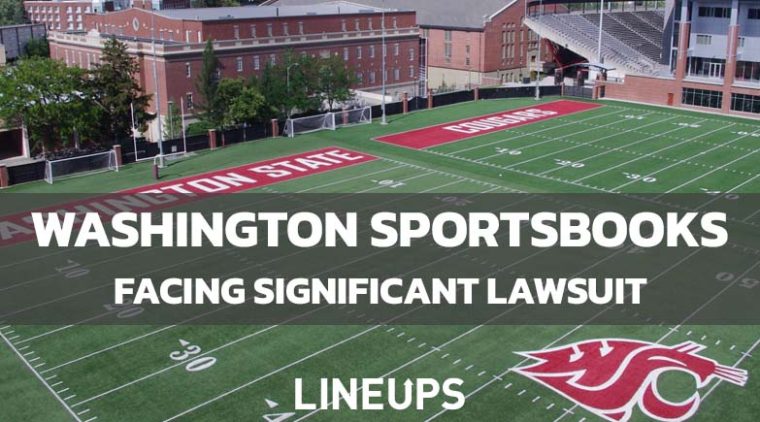Washington Sportsbooks Facing Significant Lawsuit

Washington is hoping to launch mobile sports betting in the near future, but first, it is facing some complications with its retail sportsbooks. Maverick Gaming, a gaming and entertainment company headquartered in Kirkland, Washington, has filed a lawsuit with the federal court, challenging the Washington Tribes on their current established exclusivity over sports betting. Maverick Gaming operates 19 of the 44 licensed card rooms in the state and has claimed that they should not be excluded from the new sports betting market.
Washington Sports Betting Overview
In March 2020, Washington Governor Jay Inslee signed a gaming compact that paved the way for sports betting at tribal casinos. In September 2021, the first sportsbook opened at the Snoqualmie Tribe Casino close to Seattle. Sixteen tribes have added sports betting to their respective gaming compacts, although not all have been approved by the Department of the Interior at this time. In December 2021, BetMGM launched the largest sportsbook in the Pacific Northwest at the Puyallup Tribe’s Emerald Queen Casino.
Details of the Lawsuit
The current agreement in Washington stems from a Class III gaming compact agreed upon by the state and its 29 federally recognized tribes, leaving them with exclusive rights to licenses for retail sportsbooks. Eventually, that compact is presumed to extend to mobile sports betting. There are currently 30 approved gaming sites in the state, although most have yet to launch their retail sportsbooks.
Eric Persson, the owner of Maverick Gaming LLC, said that the card rooms “want the opportunity to compete” and that there is “room for both of us” in the sports betting market. Persson described how the tribes are a combined $2.4 billion business, and Maverick Gaming is a $50 million business, so the tribes shouldn’t be concerned about the added competition.
The Washington Indian Gaming Association (WIGA), which represents all 29 federally recognized tribes, confirmed that they stand united in opposition to the lawsuit. Rebecca George, executive director of the WIGA, called the case a “desperate attempt to overturn federal law, the will of the Washington State legislature, state and federal agency decisions, and the clearly expressed sentiments of the general public in Washington State.”
Florida Set the Precedent
If this story sounds familiar, it may be because we saw a similar situation occur in Florida recently. Florida Governor Ron DeSantis signed a 30-year gaming compact with the Seminole Tribe granting it exclusivity over sports betting, setting it up for complete control of what was set to become the most prominent sports betting market in the country. There was significant pushback from local casinos in the state, and a similar lawsuit was filed.
Ultimately, in November, the District Court ruled that the tribal compact between Florida and the Seminole Tribe was unconstitutional because it violated the Indian Gaming Regulatory Act. Now, national sportsbooks such as DraftKings and FanDuel are working towards an initiative to get sports betting on the 2022 ballot in the state. I have been covering the current status of the legalization efforts in Florida for Lineups, as well, and you can read more here.
The precedent set in Florida should work in favor of Maverick Gaming as it is presumed that the federal government would act similarly if it believes the Washington gaming compact to violate the IGRA. While Washington does not have live mobile sports betting as Florida did when the lawsuit came in, there is a chance in-person sports betting could be halted until this legal situation is sorted out.